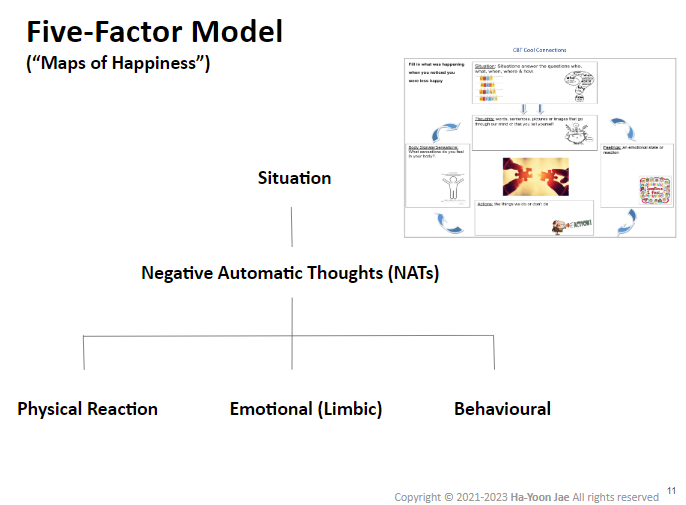The Relationship Between Tinnitus and Cognitive Behavioral Therapy (CBT): Efficacy in Treatment
Tinnitus, the perception of sound in the absence of an external source, affects millions of individuals worldwide. For some, it's a minor nuisance, while for others, it can significantly impact their quality of life, causing distress, anxiety, and difficulty in concentration. Traditional treatments for tinnitus have often focused on masking the noise or managing associated symptoms, but Cognitive Behavioral Therapy (CBT) has emerged as a promising approach to managing the bothersome effects of this condition.
The Challenge of Tinnitus and its Impact
Tinnitus can present in various forms, from ringing and buzzing to hissing or roaring sounds. The perception of this sound without an external stimulus can be incredibly disruptive, affecting sleep, concentration, and mental well-being. While the exact causes of tinnitus can vary, it is often linked to hearing loss, exposure to loud noises, underlying health conditions, or stress.
For many individuals, living with tinnitus can be challenging. The constant perception of sound, especially in quiet environments, can lead to heightened stress, anxiety, and difficulties in focusing on day-to-day activities.
Traditional Treatments and the Emergence of CBT
Traditional treatments for tinnitus have typically included sound therapy, where external sounds are used to mask or distract from the internal noise, or medical interventions to address underlying causes. However, as tinnitus affects more than just the auditory system, these treatments often fall short in addressing the emotional and psychological aspects of the condition.
This is where Cognitive Behavioral Therapy (CBT) has garnered attention. CBT is a widely recognized therapeutic approach that aims to modify behaviors, thoughts, and emotional responses. In the context of tinnitus, CBT doesn't aim to eliminate the sound itself, but rather focuses on changing the individual's reaction and perception of the sound.
The Efficacy of CBT in Treating Tinnitus
Several studies have shown promising results regarding the efficacy of CBT in managing tinnitus-related distress. CBT for tinnitus typically involves educating individuals about the condition, helping them reframe their thoughts and beliefs about the sound, and teaching coping strategies to reduce its impact on their daily lives.
The approach often includes relaxation techniques, stress management, and exposure to the tinnitus sound to reduce its perceived loudness. Moreover, CBT can address associated issues like anxiety and insomnia, which commonly accompany tinnitus, thus providing a more holistic approach to managing the condition.
Research suggests that CBT can lead to significant reductions in the perceived loudness and annoyance of tinnitus, as well as improvements in quality of life for many individuals. It empowers individuals to regain control over their reactions to the sound, reducing emotional distress and interference in daily activities.
The Future of Tinnitus Treatment: Integrating CBT
While CBT has shown promise in managing tinnitus-related distress, it's important to acknowledge that every individual's experience with tinnitus is unique. What works for one person may not necessarily work for another. Therefore, a tailored approach, considering the specific needs and circumstances of the individual, is crucial.
The integration of CBT with other therapies, such as sound therapy or hearing aids, could offer a more comprehensive approach to managing tinnitus. Additionally, ongoing research and advancements in technology may pave the way for more innovative and effective treatments in the future.
In Conclusion
Tinnitus can be a disruptive and distressing condition, impacting various aspects of an individual's life. While a complete cure may not yet be available, Cognitive Behavioral Therapy has shown promise in alleviating the emotional and psychological toll of tinnitus. By shifting the focus from the sound itself to the individual's reaction to it, CBT empowers individuals to better manage and cope with the condition, ultimately improving their quality of life.
As research continues to evolve, the integration of CBT with other treatment modalities holds great promise for the future of tinnitus management, offering hope to those grappling with this challenging condition.
Remember, if you or someone you know is struggling with bothersome tinnitus, seeking guidance from audiologists who specialize and are trained in tinnitus management can provide the necessary support and strategies to cope effectively.
Tinnitus might persist, but with the right approach, its impact on your life can be significantly reduced, allowing you to regain control and improve your overall well-being.


